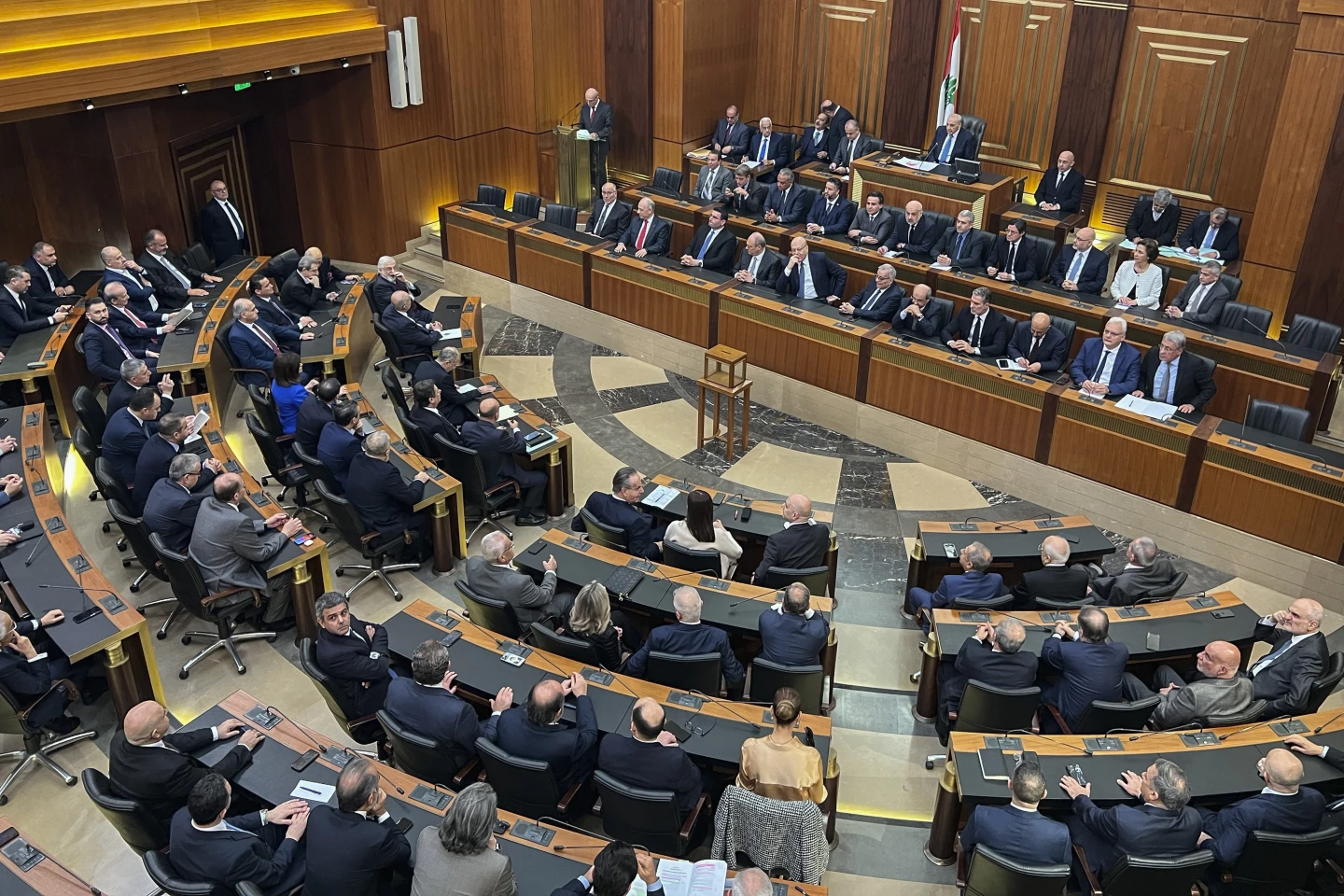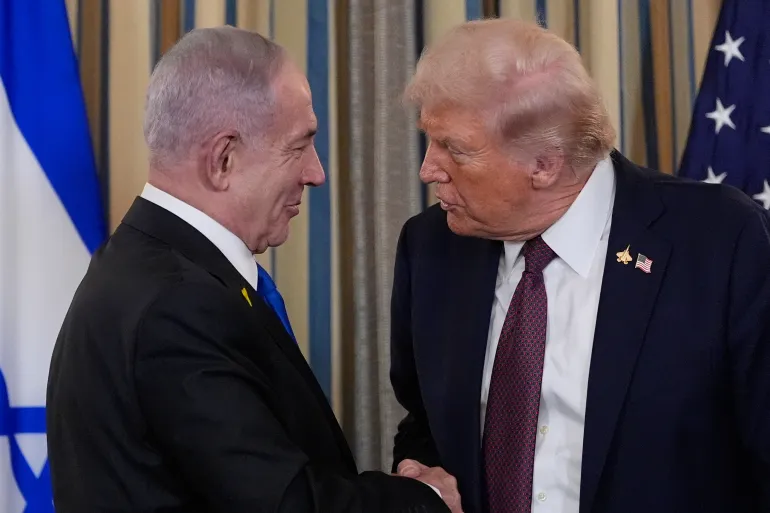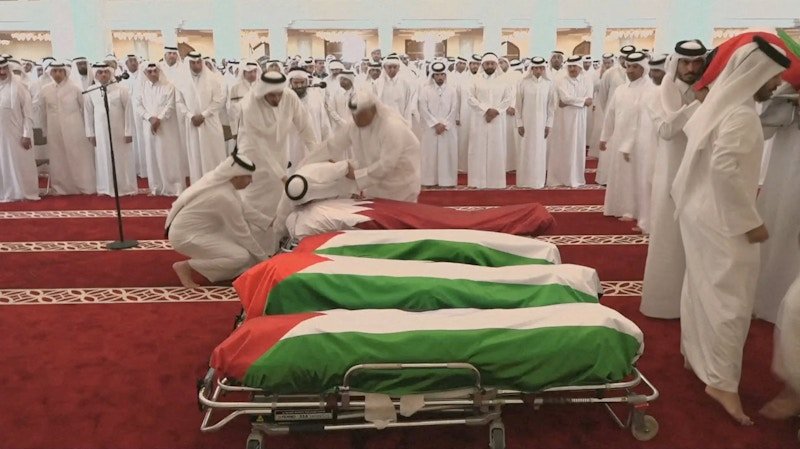Lebanon's Parliament Holds Presidential Election, Army Chief Joseph Aoun Leads, Voting Process to Resume After Two Hours
Beirut: Lebanon's parliament convened on Thursday to make another attempt at electing a president, seeking to end a vacuum that has lasted for more than two years.
Lebanon's Parliament Holds Presidential Election, Army Chief Joseph Aoun Leads, Voting Process to Resume After Two Hours
Lebanon's Parliament Holds Presidential Election, Army Chief Joseph Aoun Leads, Voting Process to Resume After Two Hours
Beirut: Lebanon's parliament convened on Thursday to make another attempt at electing a president, seeking to end a vacuum that has lasted for more than two years.
In the first round of voting, Lebanon's army commander Joseph Aoun led with 71 votes out of 128, but he fell short of the two-thirds majority required to win outright. The remaining 37 lawmakers cast blank ballots, and 14 voted for "sovereignty and the constitution."
Parliament Speaker Nabih Berri adjourned the session for two hours, after which lawmakers will return for another round of voting.
Following 12 failed attempts, there are indications that Thursday's vote could result in the election of a president. Aoun, who is not related to former President Michel Aoun, is widely seen as the preferred candidate of the United States and Saudi Arabia, both of which will play a key role in Lebanon's reconstruction process.
Previously, Hezbollah had backed Suleiman Frangieh, a candidate with ties to former Syrian President Bashar Assad, but on Wednesday, Frangieh withdrew his candidacy and endorsed Aoun, clearing the path for the army chief. On the same day, the Lebanese Forces also expressed their support for Aoun.
Lebanon's unstable sectarian power-sharing system often complicates the presidential election process. However, if elected, Aoun would become the fifth army commander in Lebanon's history to ascend to the presidency. While Lebanon's constitution prohibits high-ranking public servants, including army commanders, from assuming the presidency during their term or within two years of stepping down, this restriction has been waived in the past.
Lebanon is currently facing a severe economic and political crisis, and the next president will be tasked with addressing the challenges of reconstruction and the ongoing economic downturn.










